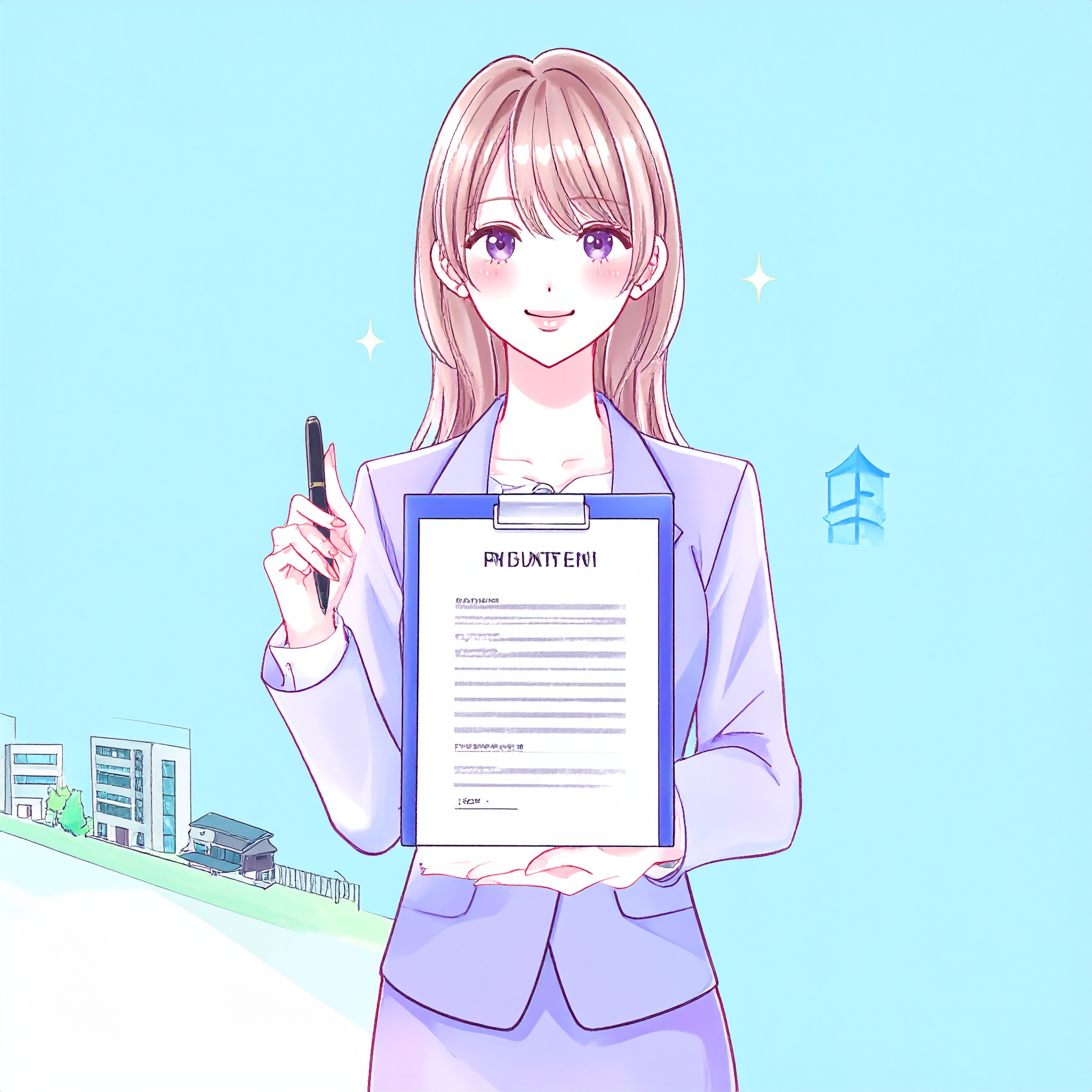When leasing a residential property in Japan, it is common to find that the lease agreement specifies a term of two years. In urban settings, particularly within apartment complexes and condominiums, two-year contracts are considered the standard. These often include a renewal clause requiring the payment of a renewal fee at the end of the initial term.
However, few tenants fully understand why two-year leases are so prevalent in Japan, or why this particular duration—neither short nor overly long—has become the norm.
This article explores the historical and practical reasons behind the widespread use of two-year lease terms in Japanese rental contracts. It examines the motivations of both landlords and tenants, and provides important considerations for selecting an appropriate contract length—grounded in regulatory context and real market practices.
Are There Legal Limitations on Lease Duration in Japan?
To begin with, Japanese law does not mandate a two-year term for residential lease agreements. There is no legal requirement specifying that leases must span exactly two years. Rather, the duration of a lease is determined through mutual agreement between the landlord and tenant, allowing for flexibility. In practice, one-year, three-year, or fixed-term contracts are also seen across the market.
That said, for standard lease agreements, a two-year term remains the most common format. This prevalence is not the result of legislation but rather the product of long-standing industry custom and practical experience. Over time, this convention has become the de facto norm across Japan’s rental housing sector.
Why Has the Two-Year Lease Term Become the Standard?
The widespread adoption of two-year lease agreements in Japan can be attributed to a combination of factors—ranging from the practical considerations of both landlords and tenants to the operational norms of the broader real estate industry.
Convenience for Tenants
For most individuals, a residence represents a place of stability over a defined period. Annual lease renewals can feel burdensome, both in terms of administrative procedures and associated costs, potentially disrupting one’s ability to enjoy a settled lifestyle. A two-year lease term offers a practical balance—aligning well with common life transitions such as career changes, academic advancement, or marriage.
This timeframe is particularly suitable for students, young professionals, and long-term foreign residents, who often reevaluate their housing situation every one to two years. In this context, a two-year contract reflects the practical rhythms of modern living.
Ease of Management for Landlords
From the landlord’s perspective, a two-year lease offers significant operational advantages. Frequent short-term contracts require repeated efforts in tenant sourcing, property showings, administrative processing, cleaning, and maintenance—resulting in increased vacancy risk and higher labor costs. A two-year agreement provides stable rental income and facilitates more predictable financial planning.
Moreover, the two-year term aligns well with typical timelines for property maintenance scheduling and rent reassessments. At the time of renewal, landlords also have the opportunity to review and adjust lease terms in accordance with market conditions.
Standardization in Real Estate
The prevalence of two-year lease terms is also reinforced by industry-wide standardization. Many real estate agencies have established contract templates and administrative procedures based on a two-year framework, streamlining operations and contributing to the widespread adoption of this term length.
In addition, the revenue models of property management firms often incorporate this cycle—through renewal fees and re-contracting charges—creating a consistent and structured income stream aligned with the two-year leasing rhythm.
Fees and Procedures at the Time of Lease Renewal
Upon the expiration of a two-year lease, it is common for a renewal process to take place. If the tenant wishes to remain in the residence, a renewal agreement is typically signed with the landlord, accompanied by the payment of a renewal fee.
This fee generally ranges from half a month to one full month of rent, though the exact amount may vary depending on the property and location. It is important to note that renewal fees are not mandated by law—they are only applicable if expressly stated in the lease agreement.
Additionally, the renewal process often includes the extension of other related services, such as fire insurance and guarantor company contracts. When factoring in these associated costs, total expenses at the time of renewal can amount to several tens of thousands of yen.
In Certain Cases, Lease Duration Can Be Customized to Suit Your Lifestyle
While two-year contracts are the norm in Japan, not all properties adhere strictly to this duration. Some listings offer alternative lease terms, including one-year, three-year, or fixed-term tenancy agreements.
For example, individuals staying in Japan for a limited time—such as foreign nationals on short-term assignments or those undergoing temporary relocation or training—may find leases of less than one year more suitable. Conversely, those seeking long-term stability might prefer three-year agreements or fixed-rate contracts that exclude renewal fees.
The availability of such flexible lease options depends on the landlord’s policies and the practices of the managing real estate agency. Therefore, if you have specific preferences, it is advisable to discuss them proactively before submitting your application.
How Lease Duration Influences a Tenant’s Life Planning
Lease terms are more than just legal formalities—they play a significant role in shaping one’s lifestyle and living rhythm. By strategically aligning key life events—such as career changes, academic pursuits, relocations, or repatriation—with lease milestones like renewal dates or notice deadlines (typically one month in advance), tenants can avoid unnecessary expenses and minimize the risk of troubles.
Furthermore, lease renewal periods often coincide with potential adjustments to rent or changes in property management practices. As such, receiving a renewal notice should not be viewed merely as a routine administrative step, but rather as a valuable opportunity to reassess your living arrangements and ensure they continue to align with your long-term personal and professional goals.




